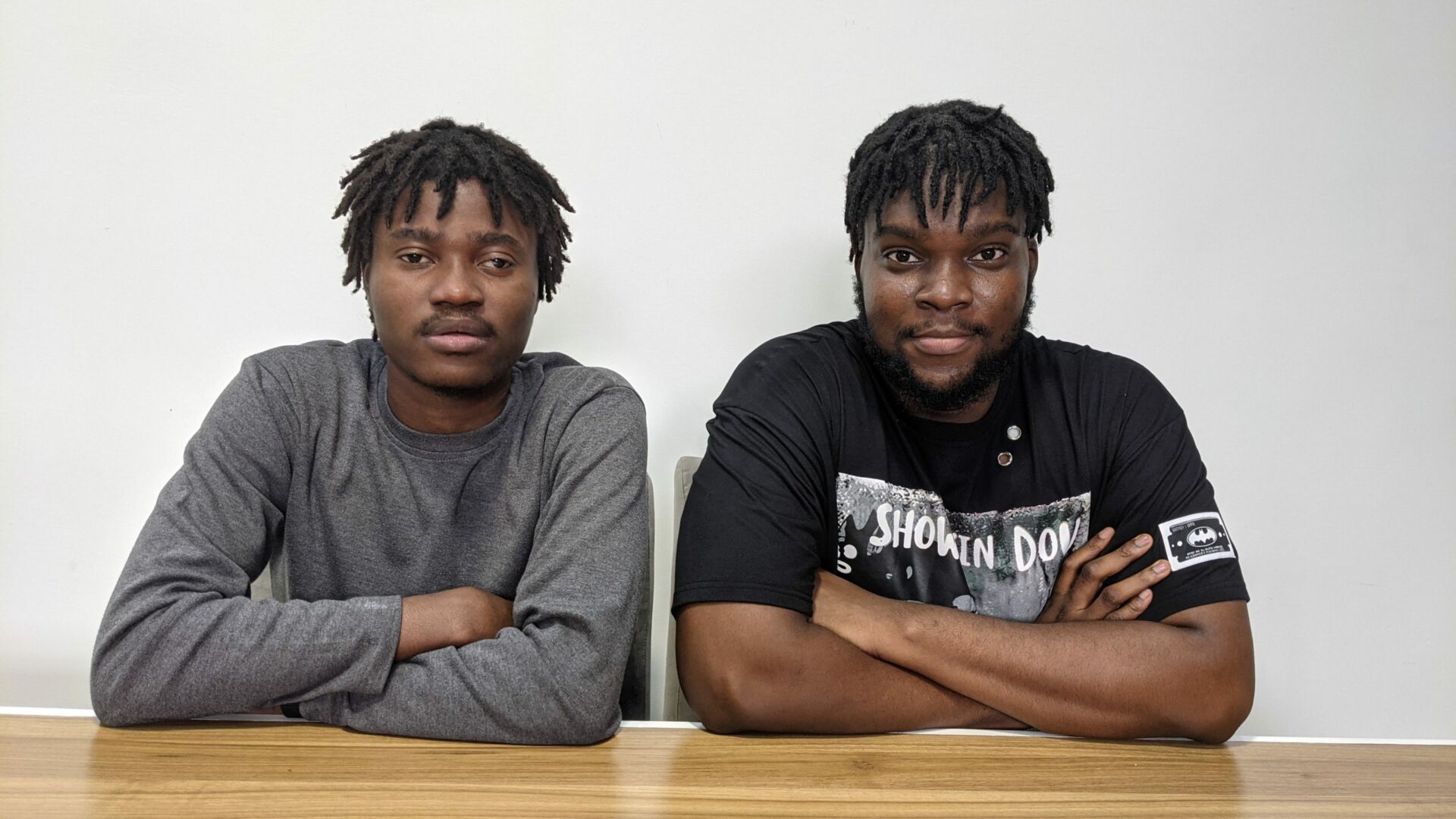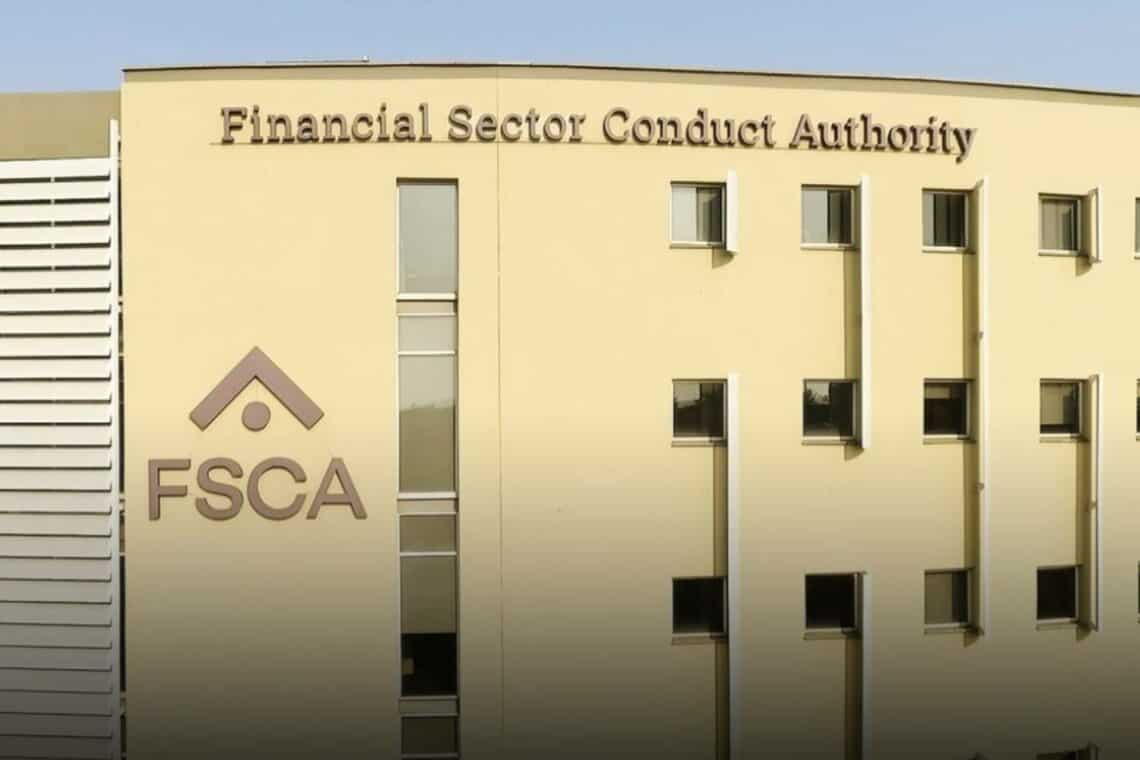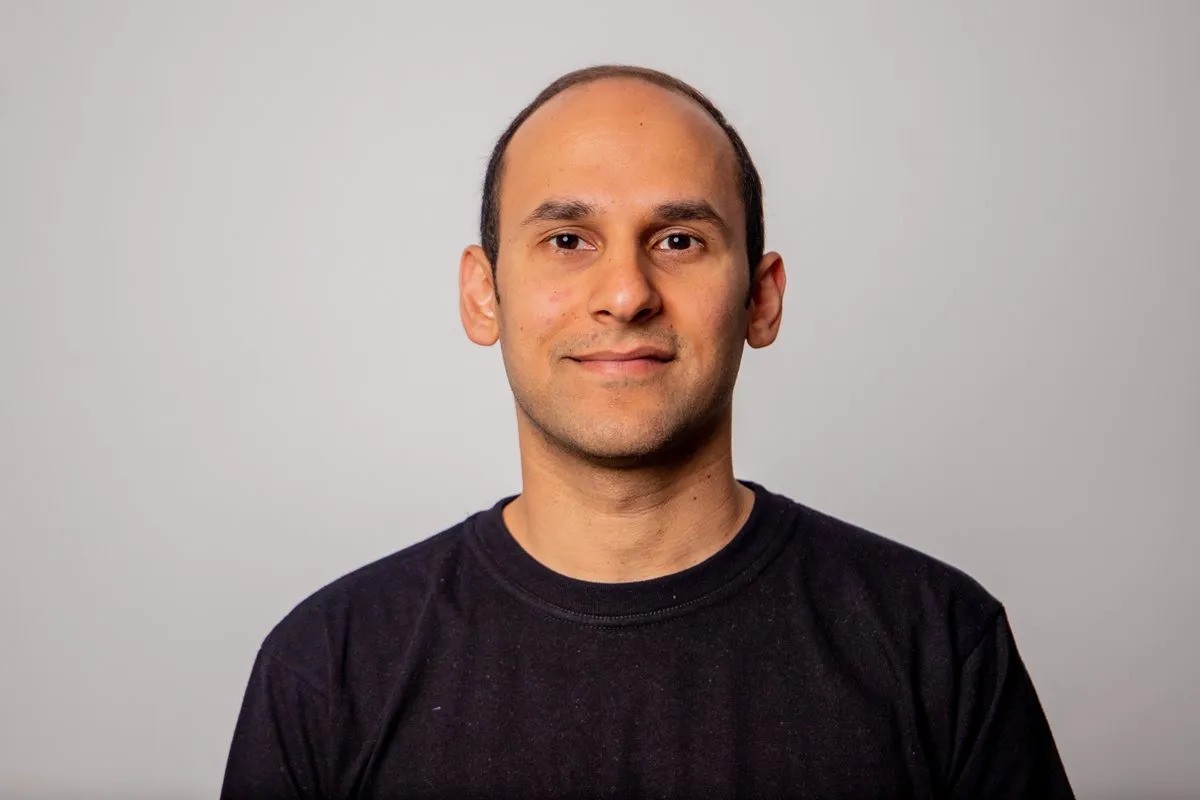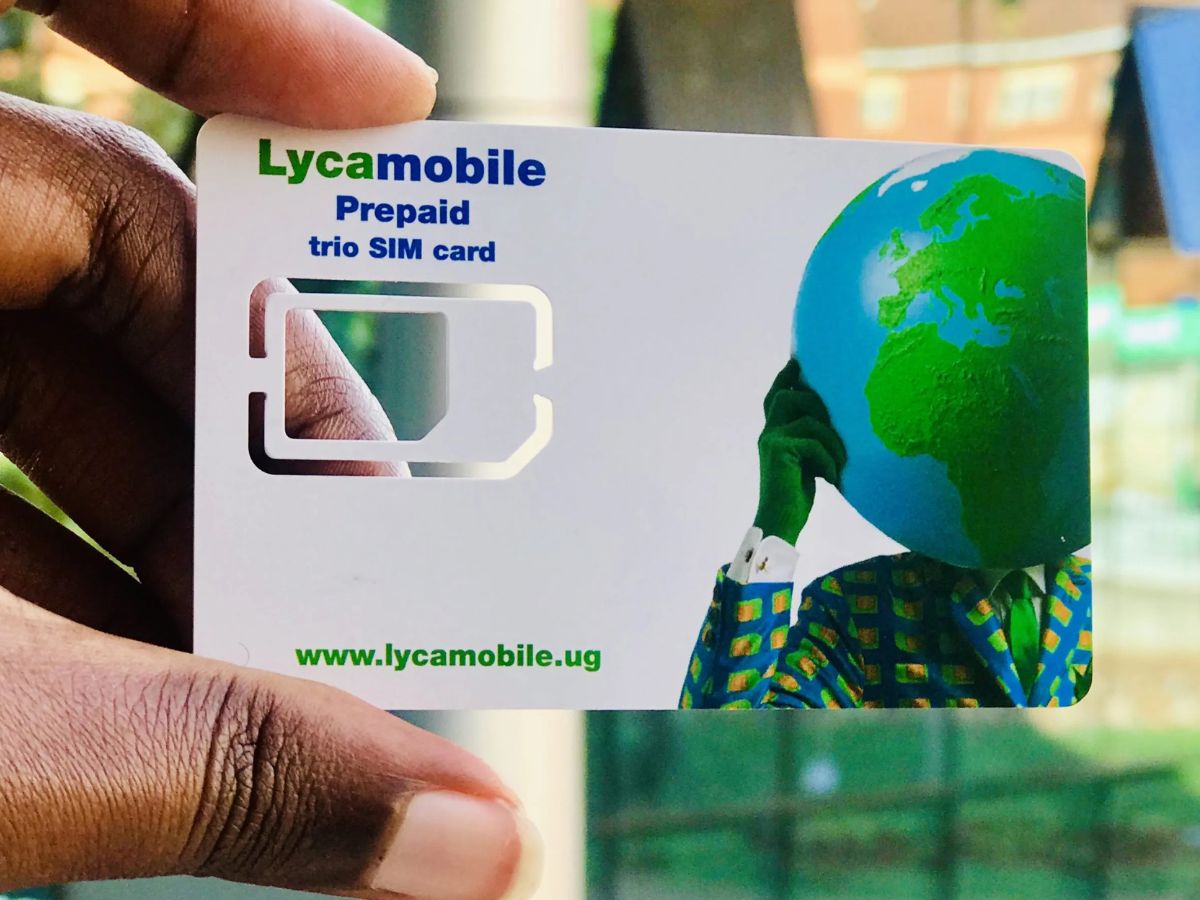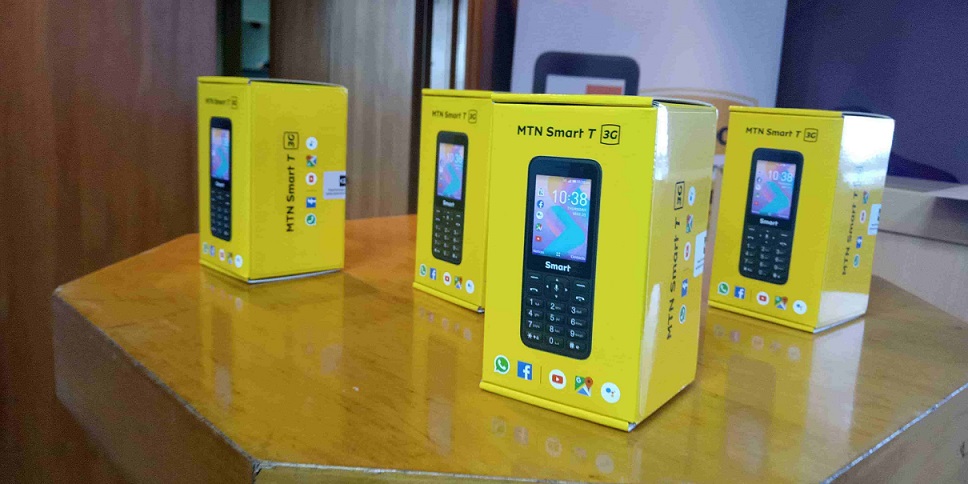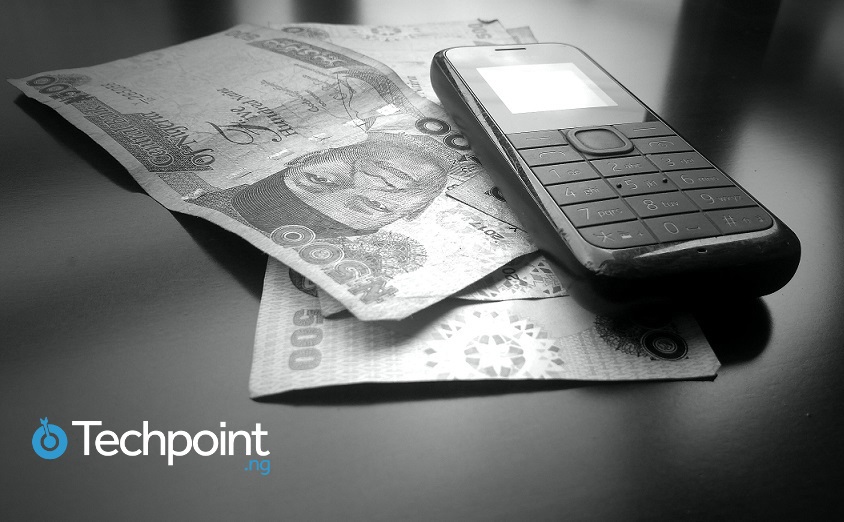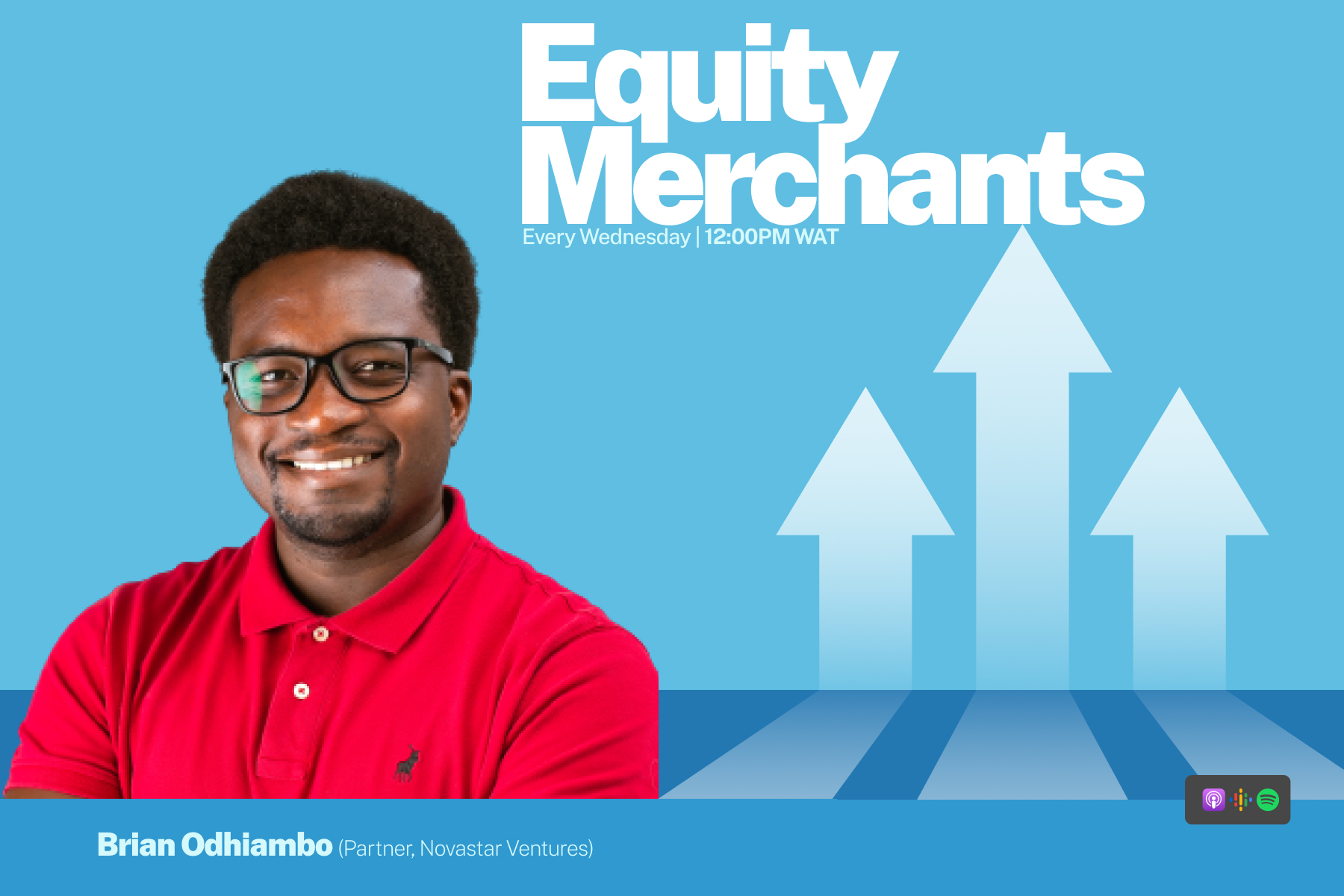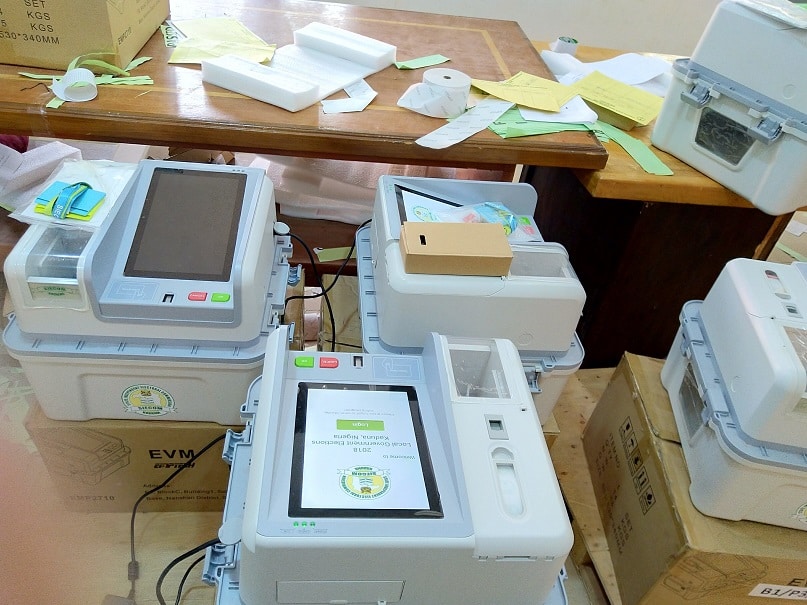According to sources close to the matter, the Central Bank of Nigeria (CBN) may be proactively looking to regulate cryptocurrencies in the country.
The apex bank has reportedly set up a committee comprising blockchain and digital currency experts from around the world to brainstorm on regulations.
If confirmed, this move may be working in tandem with the CBN’s stance on the matter. The CBN has always warned Nigerians about the dangers of cryptocurrencies and constantly made its stance known.
A recent circular in February 2018 titled “Virtual Currencies not Legal Tender in Nigeria -- CBN” (pdf) warned, in very spartan words, that cryptocurrencies are not a legal tender.
“Members of the public are hereby warned that virtual currencies are not legal tender in Nigeria. Accordingly, we wish to caution all and sundry on the risks inherent in such activities,” the concluding part of the circular reads.
This was the second one; the first, which came in January 2017, had more words. Summarily, they all were telling citizens and financial institutions to dabble into crypto at their own risk.
But the first one said “pending substantive regulation or decision by the CBN” and the second did not continue in that tone.
Emmanuel Ititim, Chief Strategy Officer and co-founder at Cryptohub, a blockchain and crypto educational platform says the CBN is doing a good job by warning people. But he believes they can do more.
“Before crypto, central banks existed and it is their job to protect the citizens financially. But it's not enough to just scream fraud and not further educate the citizenry and create guides.”

Don't miss out on Africa's financial revolution
Give it a try, you can unsubscribe anytime. Privacy Policy.
The uninitiated will wonder what the fuss and fear around regulation is about.
First, some history
In 2016, MMM, one of the world’s largest ever Ponzi schemes entered Nigeria. Dating back to Russia in the 1990s, MMM wormed its way into the heart of an economically vulnerable nation.
While it boomed, the company in charge of the new Nigerian operation paid out ‘dividends’ to members in Naira, and bitcoin; a cryptocurrency. And for a large percentage of Nigerians, this was their introduction to bitcoin and cryptocurrencies in general.
After a while, there were scares and freezes until the whole scheme crashed around April 2017. For most of these people that knew MMM and were paid in bitcoin; bitcoin and MMM were one and the same.
Automatically, bitcoin -- and others -- took a bad rap and were lumped in with the scam.
But even before the bitcoin saga, the CBN had categorically stated it does not understand the technology.
Chris Ani, founder and CEO of Cryptohub agrees there has always been an obvious lack of clarity.
According to a report in 2016, the CBN and Nigeria Deposit Insurance Commission (NDIC) had set up a committee to better understand cryptocurrencies and admitted it needed “a lot of education”, which was not unusual.
Globally, disruptive technologies and business models like Uber, Airbnb and digital currencies have moved too fast for regulators to keep up with.
But in Nigeria, the continuous call for ‘regulations’ in a typically financial sense makes it seem like they still do not get it; you cannot regulate cryptocurrencies, that’s the whole point.
According to Chris Ani,
“Bitcoin is a self-regulated technology, the value chain can be regulated but not the protocol.”
Regulate something still
The concern and call for regulation is also understandable because of its surge and popularity in the country. According to Google Trends, in 2017 Nigerians searched for the word ‘bitcoin’ more than any other country in the world.
So something has to be regulated, but what?
At the recent (re)launch of its Nigerian operations, Country Manager of Luno, Owen Odia said the company welcomes and encourages regulations for clarity.
Suggested Read: Luno wants to be Nigeria’s bitcoin and digital currencies bank
“Regulation does not negate the freedom value crypto offers, rather it enables people to harness the offering with more confidence and a sense of assurance.”
She later highlighted the necessity to self-regulate with stringent KYC (Know Your Customer) and AML (Anti Money Laundering) processes.
According to Odia, this will bring sanity to the business; weed out fraudsters, charlatans and operators unable to keep customer information and money safe.
Dickson Nsofor, CEO of Kora Networks, a payments and remittance platform powered by blockchain agrees.
“They [CBN] will most likely create a regulatory framework that cryptocurrency transactions will operate in. It will be like broker licences that allow operators be responsible for their actions towards customers. Something like a mobile money that makes sure whoever operates in this space does not defraud customers.”



